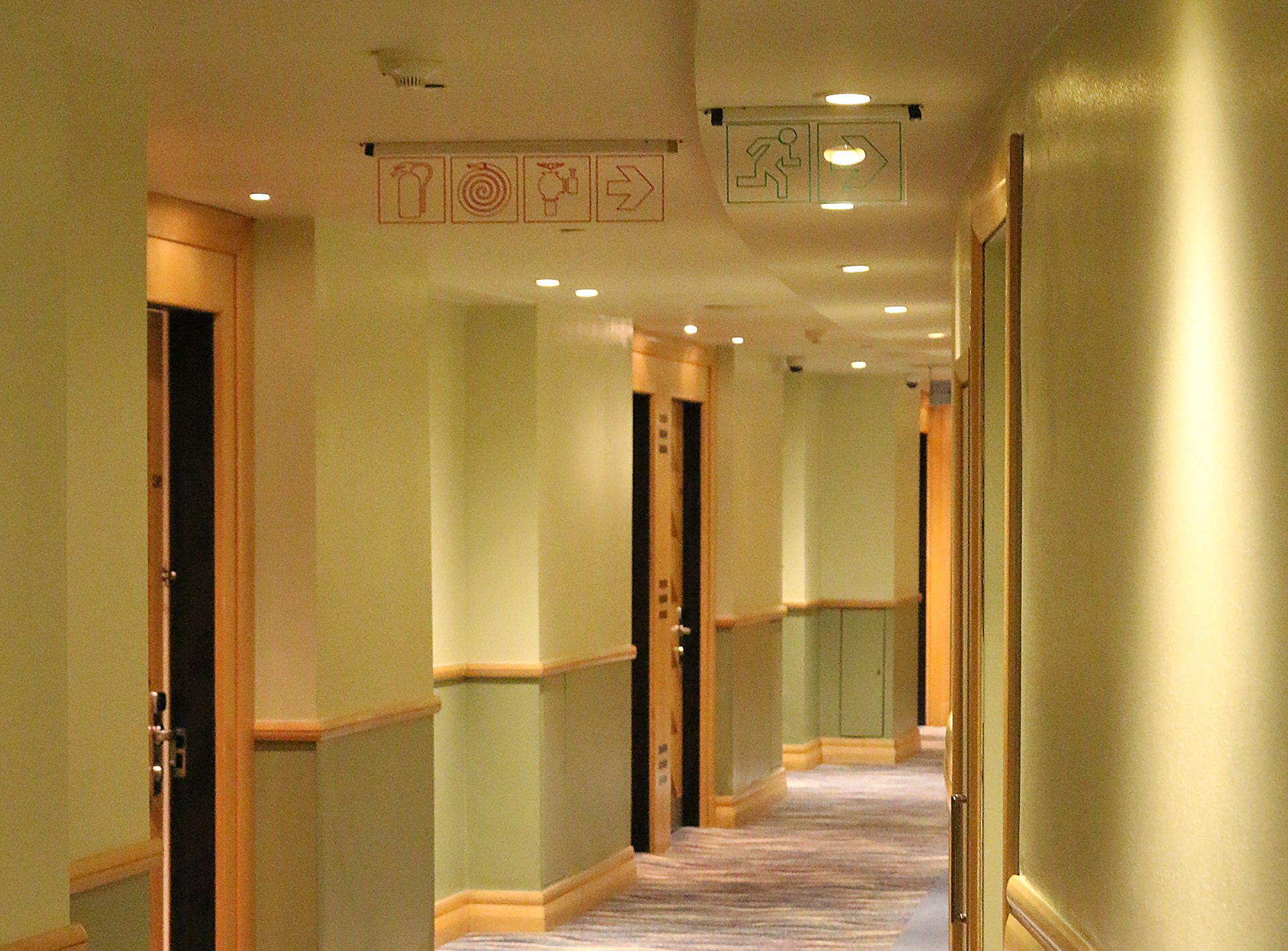The recent deaths of two guests at the Rancho Pescadero — The Unbound Collection by Hyatt luxury resort property in Baja California in Mexico due to carbon monoxide poisoning has raised the question: should you travel with a carbon monoxide detector?
Should You Travel With a Carbon Monoxide Detector?
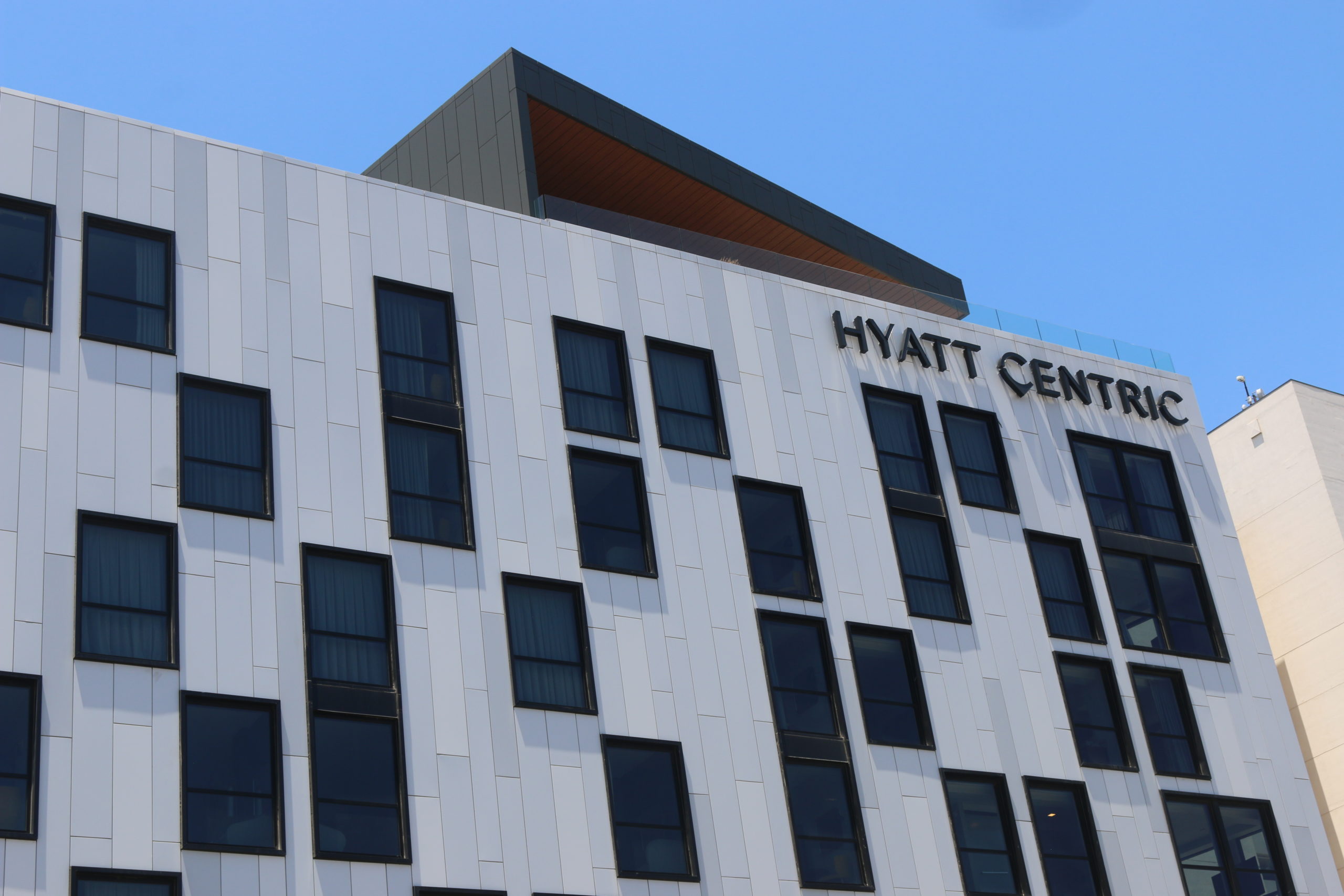
The official full statement as of Wednesday, June 21, 2023 from Hyatt Corporation pertaining to the incident is as follows:
On behalf of the entire Rancho Pescadero team, we are deeply saddened by this tragedy and committed to caring for all those affected with understanding and compassion. The hotel promptly decided to suspend normal operations. While we wait for authorities to release their findings, together with the hotel’s owners, Hyatt is conducting an extensive independent investigation of the incident, led by a third party. Our top priority is the safety and wellbeing of guests and colleagues and the property will not resume normal operations until our investigation is complete. Local authorities have not yet released the findings of their ongoing investigation, which Hyatt and the hotel’s owners continue to fully cooperate with.
Abby Lutz and John Heathco — who were 28 years old and 41 years old respectively — were from Newport Beach in California and were found unresponsive when paramedics entered their room on the night of Tuesday, June 13, 2023.
The resort property closed on Sunday, June 18, 2023; and will not reopen until the extensive independent investigation has been completed.
22 Fatalities in 14 Years — And…
905 guests of hotel, motel, and resort properties were injured or poisoned in 115 identified incidents — which include 22 fatalities — from Saturday, January 1, 2005 to Monday, December 31, 2018, according to this study from the National Library of Medicine of the National Center for Biotechnology Information of the National Institutes of Health of the United States: “Most poisonings were caused by natural gas fueled appliances and could likely have been prevented by an in-room carbon monoxide alarm. To reduce morbidity and mortality from unintentional CO poisoning in lodging facilities, government should mandate installation of in-room CO alarms, similar to the current requirement for smoke alarms.”
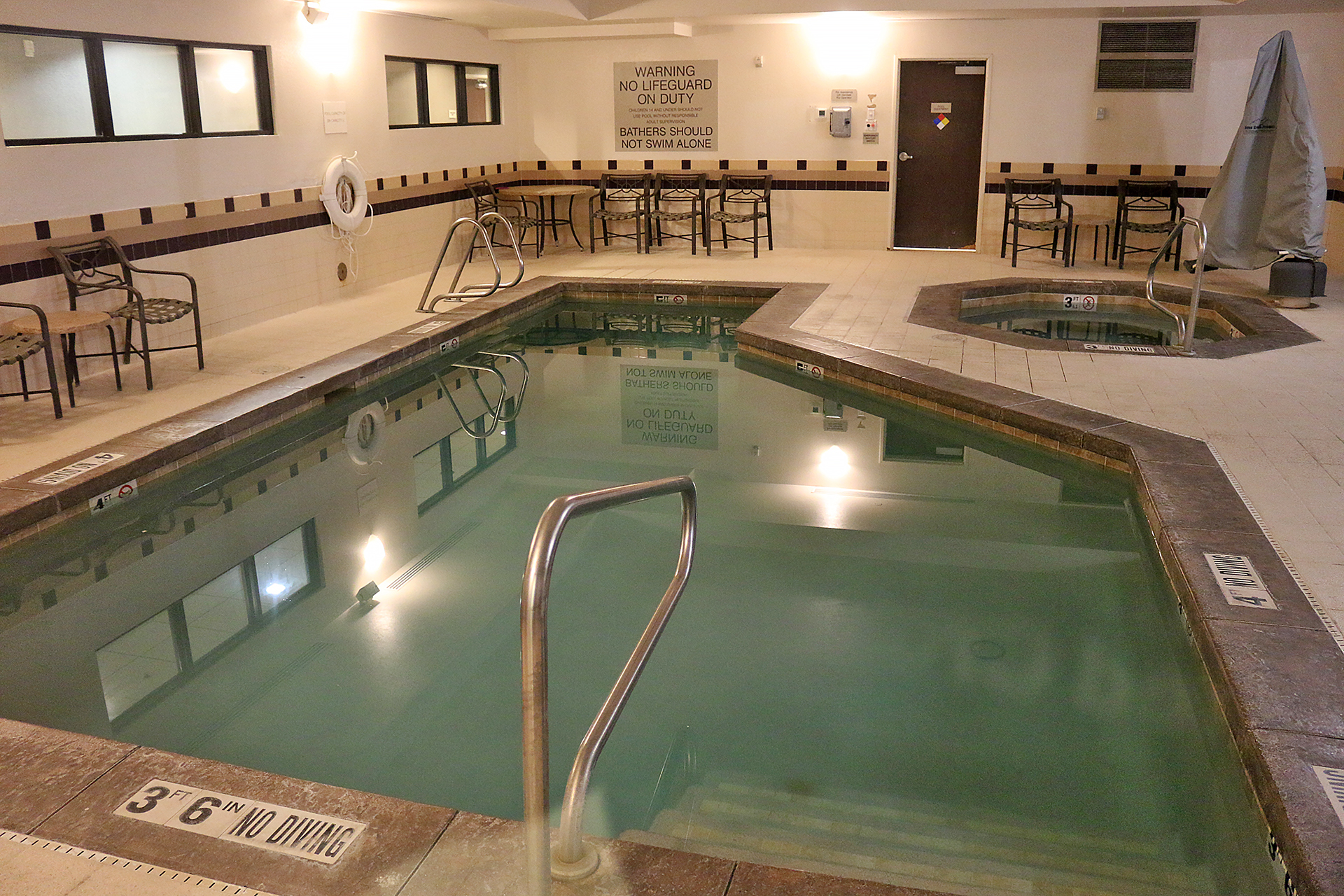
The source of twelve of those 22 deaths — or 54.5 percent — were faulty heaters for swimming pools that are fueled by natural gas.
Children represented 16 percent of those poisoned; and 27 percent of the fatalities.
Jeffrey Williams was one of those children who died at a hotel property in Boone, North Carolina back in 2013. He was eleven years of age and one of three guests who died in the same room as a result of carbon monoxide poisoning within three months, which led to the charging of the business executive managing the hotel property with involuntary manslaughter; and prompted the family of two of those people to file a lawsuit against Best Western International.
Carbon monoxide from the swimming pool water heater — which purportedly had not been inspected since 2000, when the Best Western Blue Ridge Plaza hotel property in Boone was built — allegedly seeped up from a corroded exhaust pipe into room 225, killing Williams as well as Daryl Jenkins and Shirley Jenkins, who were an elderly couple. The deaths occurred within three months of each other.
The hotel property has since changed brands, and is now known as the Quality Inn & Suites University.
An additional 68 incidents and 27 deaths — which resulted in 772 injuries — were reported at hotel, motel, and resort properties between 1989 and 2004, according to the American Journal of Preventive Medicine.
Carbon Monoxide Detectors are Required By Law in Some States
The typical source of carbon monoxide in hotel properties is from a heating unit — whether it is in the form of a boiler or a device used to heat up a swimming pool. A malfunction of such units — not always obvious or easily detected upon initial inspection — can cause levels of carbon monoxide to increase, which means that the risk of you becoming sick is greater.
Carbon monoxide detectors are required in private dwellings in the District of Columbia and 27 states via state statute; and another eleven states require carbon monoxide detectors in private dwellings regulatorily through the adoption of the International Residential Code or via an amendment to the building codes of their states, according to this article of the National Conference of State Legislators.
However, only 14 states require installation of carbon monoxide detectors in hotel, motel, and resort properties under statute; while Kansas and Washington have requirements through administrative regulations alone.
Symptoms of Carbon Monoxide Poisoning — and How to Protect Yourself
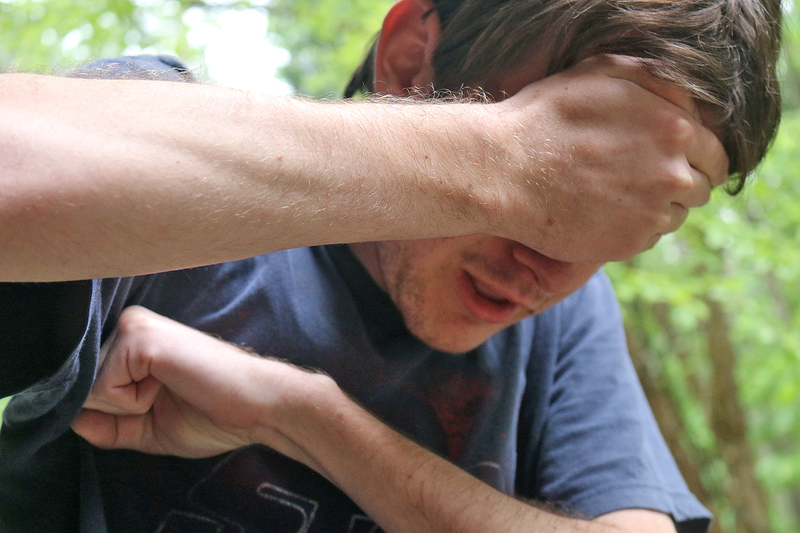
According to the Centers for Disease Control and Prevention of the United States, the symptoms of carbon monoxide poisoning include:
- Headache
- Dizziness
- Weakness
- Upset stomach
- Vomiting
- Chest pain
- Confusion
As carbon monoxide builds up in your blood, symptoms worsen; and they may include:
- Increased confusion
- Pronounced drowsiness
- Fast breathing
- Fast heartbeat
- Vision problems
- Seizures
If you have symptoms that you believe could be caused by carbon monoxide poisoning:
- Leave the area right away — in this case, your hotel room — and
- Call 911 or go to the emergency room at the nearest hospital
If you keep breathing the fumes, you may pass out and die. The problem is that carbon monoxide is also known as the “silent killer”, as you cannot see, smell or taste carbon monoxide — which means you will most likely not realize that you are even breathing it inside of you. This accentuates the importance of recognizing the symptoms listed above as soon as possible, as saving even precious seconds can mean the difference between life and death.
Carbon monoxide poisoning can occur suddenly; or it can occur over an extended period of time, depending on the amount of carbon monoxide which may be present in the area. Breathing low levels of carbon monoxide over a long period can cause severe heart problems and brain damage. You are advised to see a doctor if:
- You often are short of breath and have mild nausea and headaches when you are indoors
- You feel better when you leave the building and worse when you return
- Other people you work or live with have the same symptoms you do
Carbon Monoxide Poisoning in Hotel Properties: What are Your Chances?
This leads to the questions: what are your chances of becoming ill — or even dying — from carbon monoxide poisoning in your hotel room; and should carbon monoxide detectors be required in hotel rooms?
At least 30 reports of high levels of carbon monoxide were reported in hotel properties between 2010 and 2013 — resulting in eight deaths — as well as the evacuation of greater than 1,300 people from hotel properties…
…and those statistics are only what has been reported, as it is obviously unclear how many times hotel guests who may have suffered the effects caused by high levels of carbon monoxide but not realized the source of the perceived illness. People who suffer the effects of carbon monoxide poisoning can mistake the symptoms for another malady — such as the flu, for example.
According to the Consumer Product Safety Commission of the United States, greater than 150 people die each year in the United States from accidental carbon monoxide poisoning associated with consumer products — including faulty, improperly-used or incorrectly-vented fuel-burning appliances such as furnaces, stoves, water heaters and fireplaces — and unrelated to fire as the cause. Exactly how many of those 150 people died while staying at a hotel, motel, or resort property is unclear.
In other words, this is not exactly a problem of epidemic proportions — especially when considering the number of hotel rooms located within the United States alone, estimated to be close to five million — meaning that the chances of you being sickened or killed by carbon monoxide poisoning are minimal at best…
…but not completely impossible, either. However, that is of no comfort or solace to the families of the victims of carbon monoxide poisoning in the aforementioned case at the hotel property in Boone and the resort property in Mexico.
Final Boarding Call
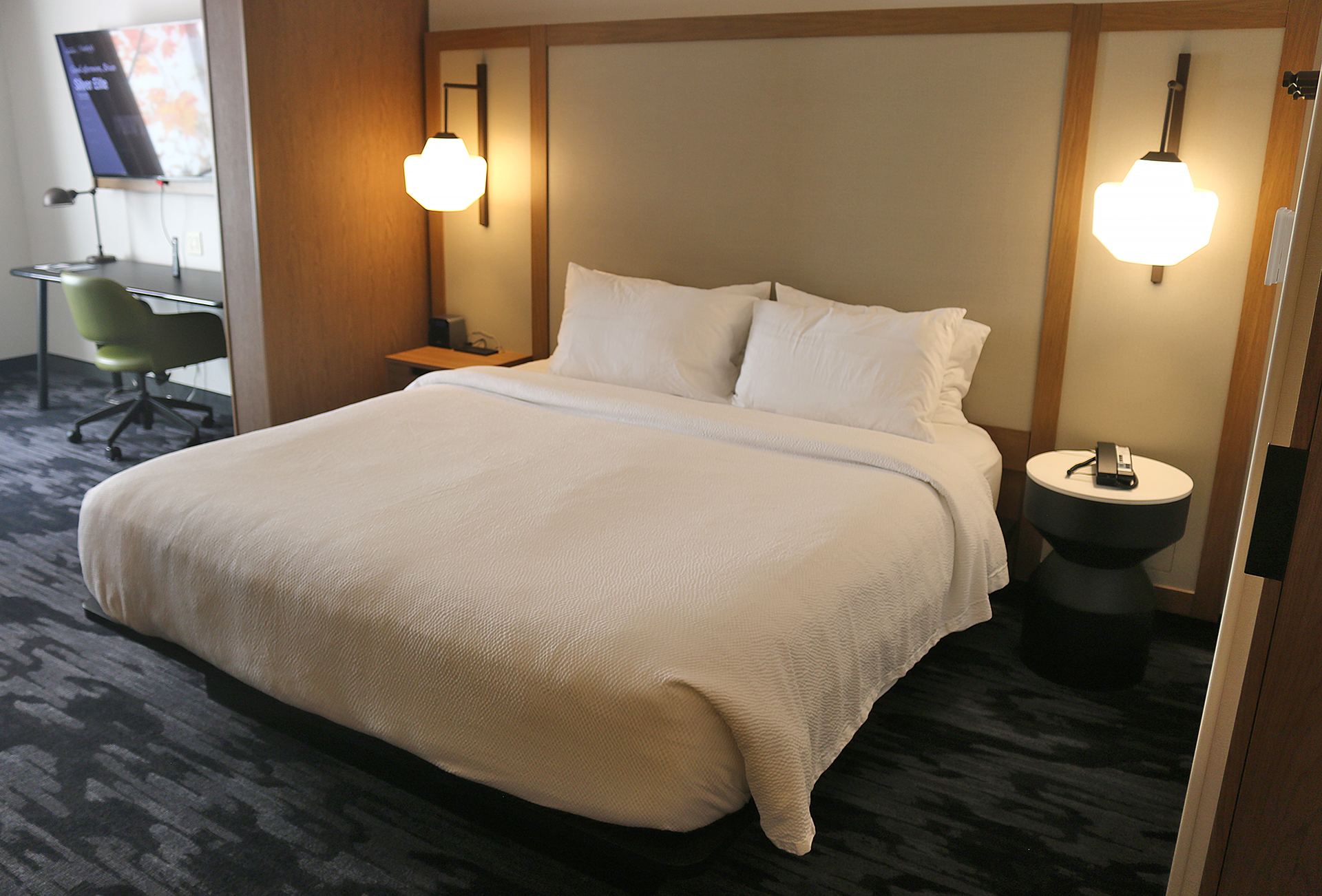
As I mentioned in this article, no employee of a hotel or resort property wants to check in on a room and find at least one dead body. Why are smoke detectors mandatory equipment in hotel rooms across the United States, but carbon monoxide detectors are not required in 36 of those states?
A total of 49 people have been killed by carbon monoxide poisoning between 1989 and 2018 — which is slightly greater than one person per year over a span of 40 years. This statistic does not seem to warrant the mandatory equipping of hotel, motel, and resort properties — including those through Airbnb, VRBO, and other similar lodging options — with carbon monoxide detectors.
You may have already guessed the answer anyway: money. Installation of carbon monoxide smoke detectors could cost the lodging industry as much as $250 million — an exorbitant cost to minimize a risk which is already considered minimal at best, whether or not you believe that hotel properties should be required to install carbon monoxide detectors in hotel rooms for the added safety of guests despite the cost….
Meanwhile, if you are concerned — despite the low risk of being affected by carbon monoxide while you are in a hotel room — you may also want to consider carrying a portable device which is capable of detecting carbon monoxide for peace of mind whenever you travel, in addition to following the aforementioned advice. Portable devices which are capable of detecting carbon monoxide can vary greatly in cost, size and weight; and they can obviously be used in places other than hotel rooms.
Just as I do not carry a fire extinguisher or smoke detector with me in the unlikely event of a fire, I personally do not believe that I need to carry a portable carbon monoxide detector with me whenever I travel and stay in a hotel room — but if you feel you need to do so for greater peace of mind, you may want to refer to this discussion on FlyerTalk pertaining to traveling with carbon monoxide detectors, as I do not have a recommendation.
All photographs ©2015, ©2020, ©2022, and ©2023 by Brian Cohen.
